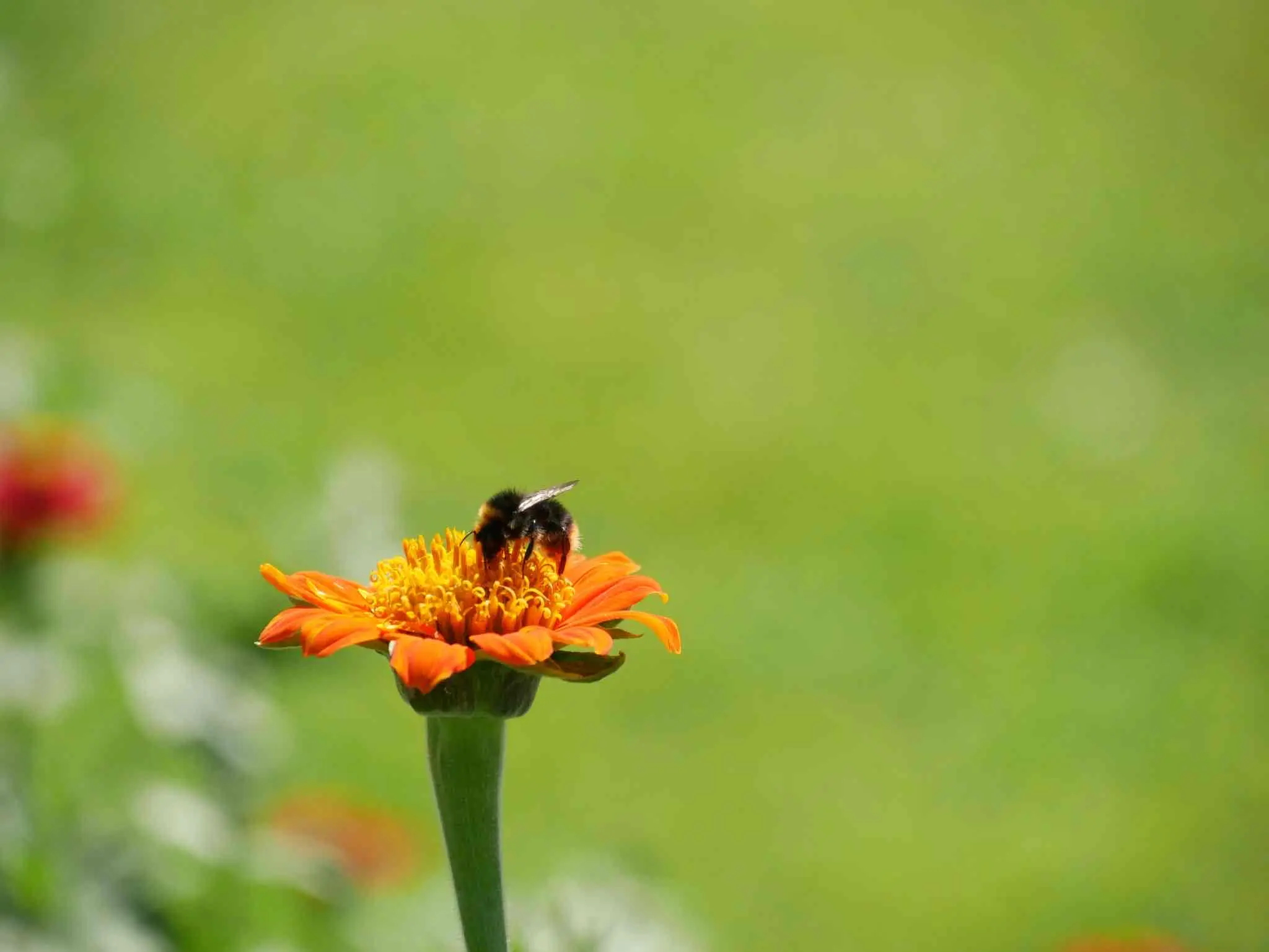Priorities in order:
- 80-90% SOOC (can’t give much time to editing). I am ready to give time to learning and practicing manual controls though.
- ergonomic, light.
- travel photos, capturing scenes like I see them with my eyes.
- low light photos.
- long-lasting gear. Okay with getting prime and telephoto lens later if needed.
- videography is not a priority as of now, may explore later.
Thanks!
Update: Decided to go with Fujifilm X-S10 + XF 18-55mm F2.8-4.0 as I liked the fuji SOOC jpegs more. Sigma lens would have been sweet but I’m okay with the tradeoff.
Thank you everyone for being so helpful.
Update 2: Finally went with Fujifilm X-T30 II + XF 18-55mm F2.8-4.0 instead for looks, this was a close one as I had to give up Ibis and that grip.
Sure, why not
When picking a camera to learn on one thing to keep in mind is that you’ll be learning on it
The gear is only as good as your knowledge in how to use it
So picking something with room to grow and potentially in the future grow out of without getting something that’s super expensive (to you) is important
Go right ahead and pick up the 6400 and begin your journey into interchangeable lens cameras
Just be warned: it’s really easy to come down with a case of GAS (Gear Acquisition Syndrome) when you jump into the world of interchangeable lens cameras. Try to avoid that while learning if you can
I’ll keep that in mind, thanks
I had a 5100 and upgraded to a 6500 and I absolutely fucking LOVE that camera. I say that as a lifetime photographer. I think the Alphas in general are great at photography and pretty darn good for light video work. That 18-50 is a lot better than the kit and should serve you well for a while.
SOOC?
Anyway, I am a big fan of the Lumix cameras, started with my Lumix GX80 back in 2018, and upgraded to an S5 last spring.
I just love the colors of Lumix cameras, they are just so intence.
Though I am thinking about getting a Sony A7 III as it has a much faster autofocus system, and I like to do planespotting.
I just found out what SOOC means, Straight Out Of Camera, which is what I mainly do, I hardly edit at all.
Here is a photo I took with my GX80 a few years ago:

That’s a beautiful shot :)
Thank you, it is straight from the camera!
I haven’t used one, but my impression from being around people with Sony alphas is they’re generally solid cameras with perhaps a few quirks. It seems like Sony has tried to make their ecosystem worth investing in.
- You should look at sample images online, prefably with semi-consistent subjects. Some people don’t like Sony’s JPEGs, for example.
- This is something you have to find out for yourself; eg I cannot stand using Canon cameras in general, Sonys have their annoyances. Love Nikon, Fujifilm and Panasonics. If there’s a store or a rental service I suggest you use those to spend some time with the camera.
- Despite what some might say, all cameras can do decent in low-light. The ones with bigger sensors just do better than decent. You’re off to a good start with your choice of lens too, picking a versatile bright zoom.
- Cameras can last a long-time if they’re not abused (too much). There are still plastic fantastics from the film era that are still working (which have more moving parts and thus more places that can fail).
What are your subjects going to be? Will they be stationary (inanimate), fairly stationary (adults, older kids), or moving around (kids, animals)?
What do you intend to do with the photos? Share on social media, crop them, print them, or a mix?
I think they’ll be mostly stationary to fairly stationary.
I am satisfied with just keeping them to myself, printing sounds fun though.
I’d like to share them but I don’t use instagram, so I don’t know about that.For fairly stationary things, especially if you don’t have to zoom, a cellphone will get you most of the way there - unless you’re going to be in a very dark environment. I say this as someone whose carried around a dedicated camera for a while, but the best camera in the world is the one you currently have with you. You can absolutely get in the habit of carrying a dedicated camera with you though.
80-90% SOOC (can’t give much time to editing). I am ready to give time to learning and practicing manual controls though
Most camera brands and bodies will give you solid SOOTC JPEGs, but each offers some level of twist. This is where people start taking “color science”. All the RAWs are basically the same, but the algorithms to make pleasing looking JPEGs vary by brand. Nearly all are customizable, so you can tweak one brands twists to be more or less pronounced. Based on my personal experiences I would say:
Fuji (X-H2s) = a bit stylized, but pleasant to look at. Reliable white balance and subject meeting, after changing the default metering mode.
Nikon (D40, D5300, Z6II) = warm and pleasing. The Z6II I owned for a little while would struggle with white balance indoors, especially with warmer interior lights. It also tended to meter the frame, not the subject, but you can customize this some. I have more than a few photos of someone underexposed in front of a sunny window
Sony (A7 III) = probably the most true to life, but true to life can be kind of boring/flat. The most reliable auto white balance and meters for the subject out of the box.
That’s not to say that other cameras don’t do a good job, I just don’t have personal experience with them
Ergonomic, light.
Here I would say:
- Micro four thirds. Smaller sensor = smaller glass. One of this system’s selling points is it’s size/weight, so they tend to not pull a Fuji
- Fuji mirrorless. All they make are crop sensor bodies, so their glass is usually optimized for that sensor size. Meanwhile over im Sony/Nikon/Canon world, they make a mix of FF and crop sensor glass. Sometimes there’s a FF lens that stands out and you wind up using it on a crop sensor body, resulting in a bigger-than-necessary lens. My D5300 nearly always has a FF 70-300 on it because the lens is really very good and when it came out there wasn’t a crop body equivalent
- Sony and Nikon mirrorless crop sensor bodies. You could also throw Canon in this mix. See above for reasoning
- Mirrorless FF. See the A7III with the somewhat pancake lens on it in the link brlow
- DSLR. Generally speaking the largest glass for a given focal length and aperture, but as people move to mirrorless it is getting cheap to buy this glass used…
Here’s a rough comparison between all five using the focal length you referenced. I also snuck in Sony’s 50 FE 1.8 on a FF camera to show that each system will tend to have a compact prime or three.
travel photos, capturing scenes like I see them with my eye
Most cameras should do just fine here IMO. Procedural photography has made strides in smartphones, but it’s hard to beat a dedicated camera
Low light photos
Fast glass will make this way better. If you’re serious about low light, stop thinking about a f2.8 lens and start thinking about really fast primes. If you haven’t read about f-stops yet, the quick primer is f/4 to f/2.8 is one stop, f/2.8 to f/2 is another, f/2 to f/1.4 is yet another.
IMO you should buy a f/2.8 lens for any gain in image quality it offers over its f/4 counterpart - not because it’s faster/lets in more light. If you want to really let in more light, a prime lens is the way to go.
Note that fast glass = shallower depth of field if shot wide open. This is potentially one of the advantages of something like micro four thirds. I took pictures of my kids with Santa this winter and stepped down to f/5.6 to try to get all their faces fairly sharp on my 50mm and A7III (full frame). I had about 0.4 meters of “in focus” plane. On a micro four thirds body, I could have used a 25mm lens, at f/2, and wound up with a very similar looking photo. Although the FF sensor is about a stop lower noise, the micro four third photo would have probably had lower noise due to the two stop faster aperture. Not that this particular photo is noisy, but you hopefully get the point.
Long-lasting gear. Okay with getting prime and telephoto lens later if needed.
Most gear will last quite a while, especially if you keep it dry. If it’s going to get wet, make sure to get weather sealed. That’s going to drive up cost.
Videography is not a priority as of now, may explore later.
Same situation here, lol.
…
So, think about what you want and go from there.
Thanks a lot for such a detailed answer, I feel really grateful.
I’ll consider all the points before deciding.
No worries. Don’t overthink and try not to overbuy! It’s very hard to go wrong, but it’s very easy to get caught up in pixel peeping and specifications wars. If you’re not going to be making big prints or doing heavy crops, most any body from the past 10 years paired with a fast lens will serve you well.
My D5300 is certainly nothing fancy these days, but it holds up just fine on 20"x30" canvas prints.
Here’s a shot I took on the very similar Sony a6500 in low light two days ago: https://youtube.com/shorts/vq8-1GIdu64?feature=share
If you prefer SOOC, please send me your raws if you shoot raw. I’d love to edit them!
- Smartphone. They do all the image processing, including HDR with multiple pictures etc.
- Smartphone.
- a) Smartphone
- b) impossible
- Any camera that has a high score in DXOmark “sport”.
- Essentially anything if you treat it well. Otherwise smartphone (water/dust/sand tight).
- DSLRs from 10 years ago can do 1080p. So unless you go really old: no problem.
smartphone would work but I don’t want to invest in high end smartphones just for this, and I really wanna explore digital camera photgraphy
Buy a used high end phone. 300 € is more than enough, should get you a <2 year old flagship.
But if you want to explore the “real deal” obviously buy used.



